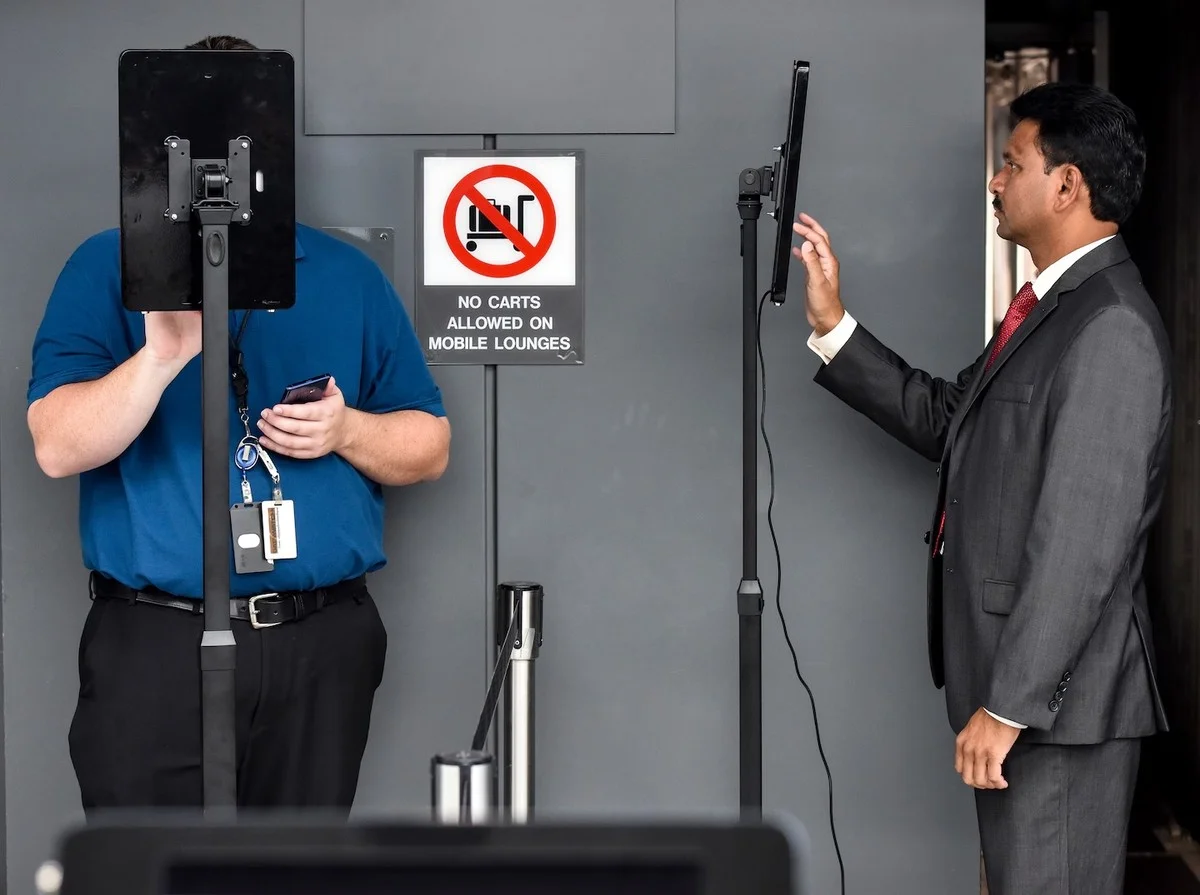29/07/2025
29/07/2025

WASHINGTON, July 29: Leading U.S. airlines, travel companies, and airport groups have urged the Senate to reject a proposed bill that would restrict the Transportation Security Administration’s (TSA) use of facial recognition technology at airport security checkpoints.
In a letter viewed by Reuters, the industry groups — including Airlines for America (which represents carriers such as American Airlines, United Airlines, Delta Air Lines, and Southwest Airlines), U.S. Travel, and two major airport associations—warned that the bill could significantly slow identity verification processes, leading to increased wait times at airports nationwide.
The bipartisan bill, which the Senate Commerce Committee is set to consider on Wednesday, aims to protect travelers' privacy rights by ensuring they can opt out of TSA facial recognition screenings and by placing guardrails on the use and potential abuse of passenger biometric data.
One of the bill’s sponsors, Republican Senator John Kennedy, criticized the current use of facial recognition in May, saying the TSA “subjects countless law-abiding Americans to excessive facial recognition screenings,” adding that it invades passenger privacy without clearly informing them of their right to opt out.
Democratic Senator Jeff Merkley, another co-sponsor, echoed those concerns, stating that the unchecked expansion of TSA facial recognition programs risks pushing the country toward “a national surveillance state.”
If passed, the legislation would require TSA to offer passengers a clear, non-biometric alternative for identity verification. It would also prohibit discriminatory treatment or harsher screening conditions for travelers who choose not to have their faces scanned.
However, airline and travel industry groups strongly oppose the measure. In their letter, they described the proposed restrictions as a step backward for national security, arguing that the limitations would prevent TSA from modernizing its operations through automation. This, they said, would force the agency to continue relying on manual, officer-based processes and keep approximately 75% of its budget tied to staffing instead of advancing technology.
The groups further warned that the bill could hinder innovation in airport systems, such as automated e-gates and TSA PreCheck Touchless ID, and lead to “overwhelming and chaotic” conditions at security checkpoints across the country.
Senators Kennedy and Merkley did not immediately respond to requests for comment on Monday.


